7 Certainties for Uncertain Times
Principles for Business & Brand Management
We are all dealing with a lot of uncertainty at the moment. Given how bizarre and unpredictable COVID-19 has been as a disease, trying to plan a business based on what the virus may, or may not, do, could well be an exercise in futility.
The smarter move is to tear our gaze away from the headlines to focus on the things that are knowable, and therefore manageable, in a challenging business environment.
As luck would have it, we can be certain, or at least confident, about a lot.
Here are 7 "certainties" (or at the very least, strong hypotheses), that we can use as a basis for planning for a changed future, despite current uncertainties.
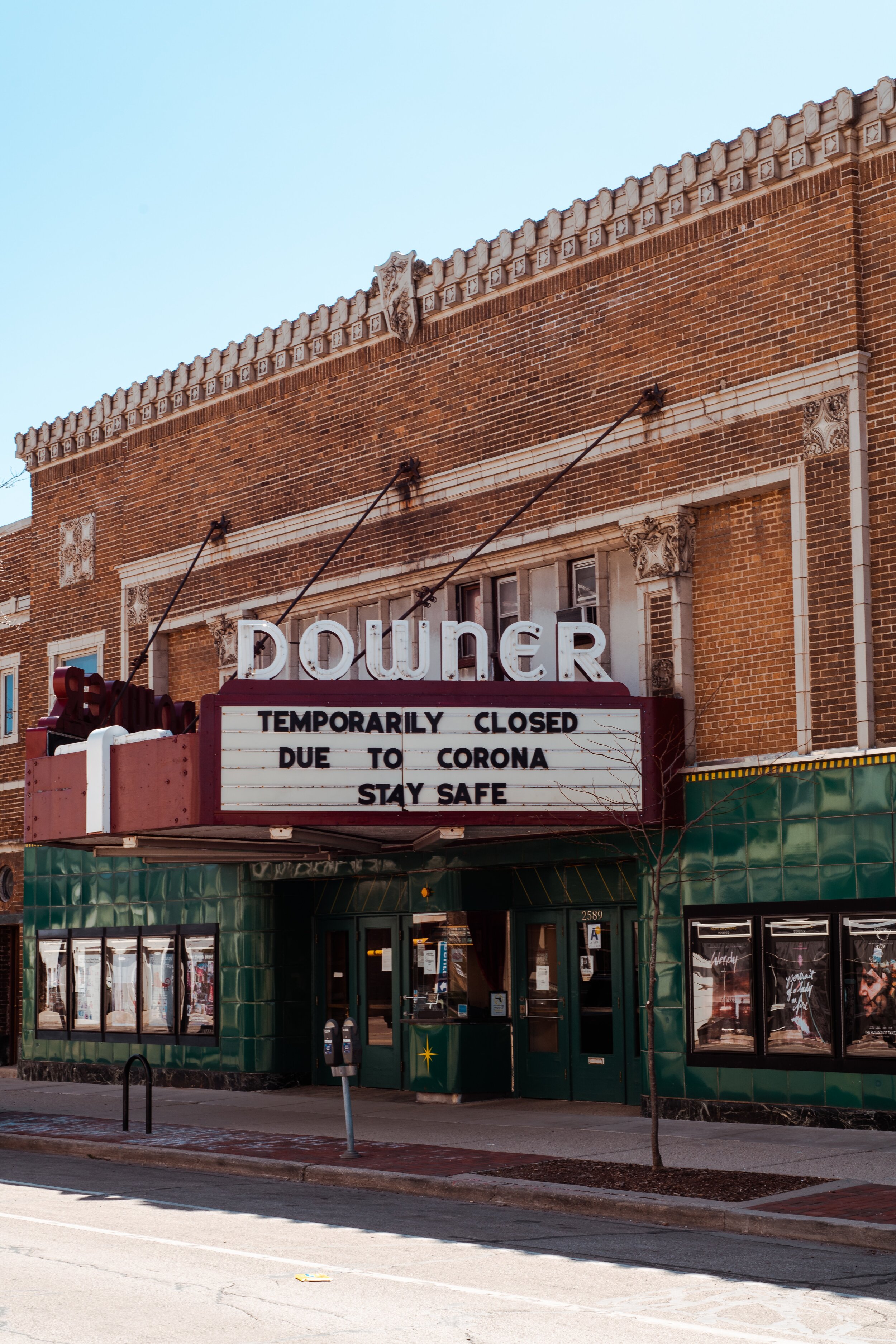

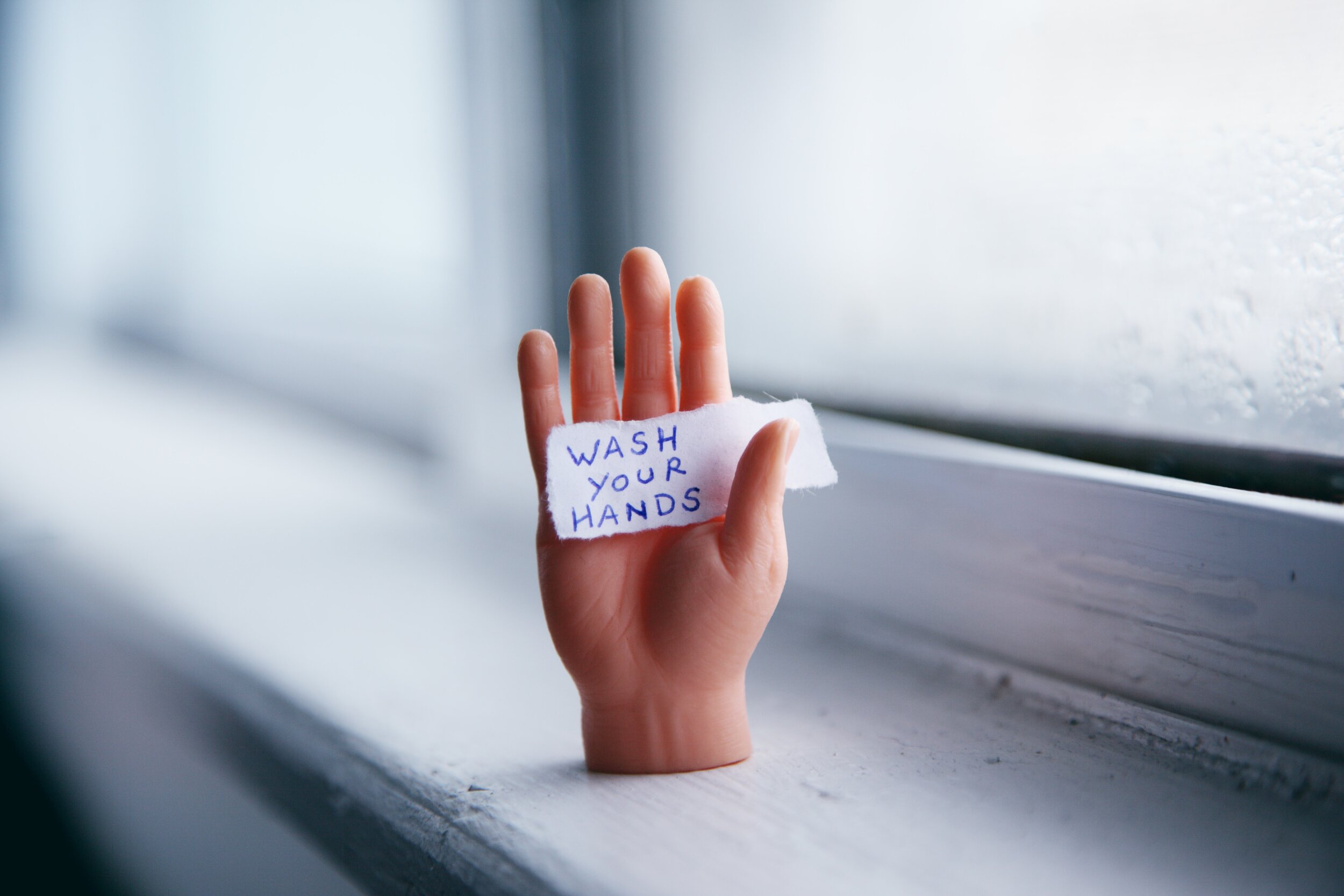
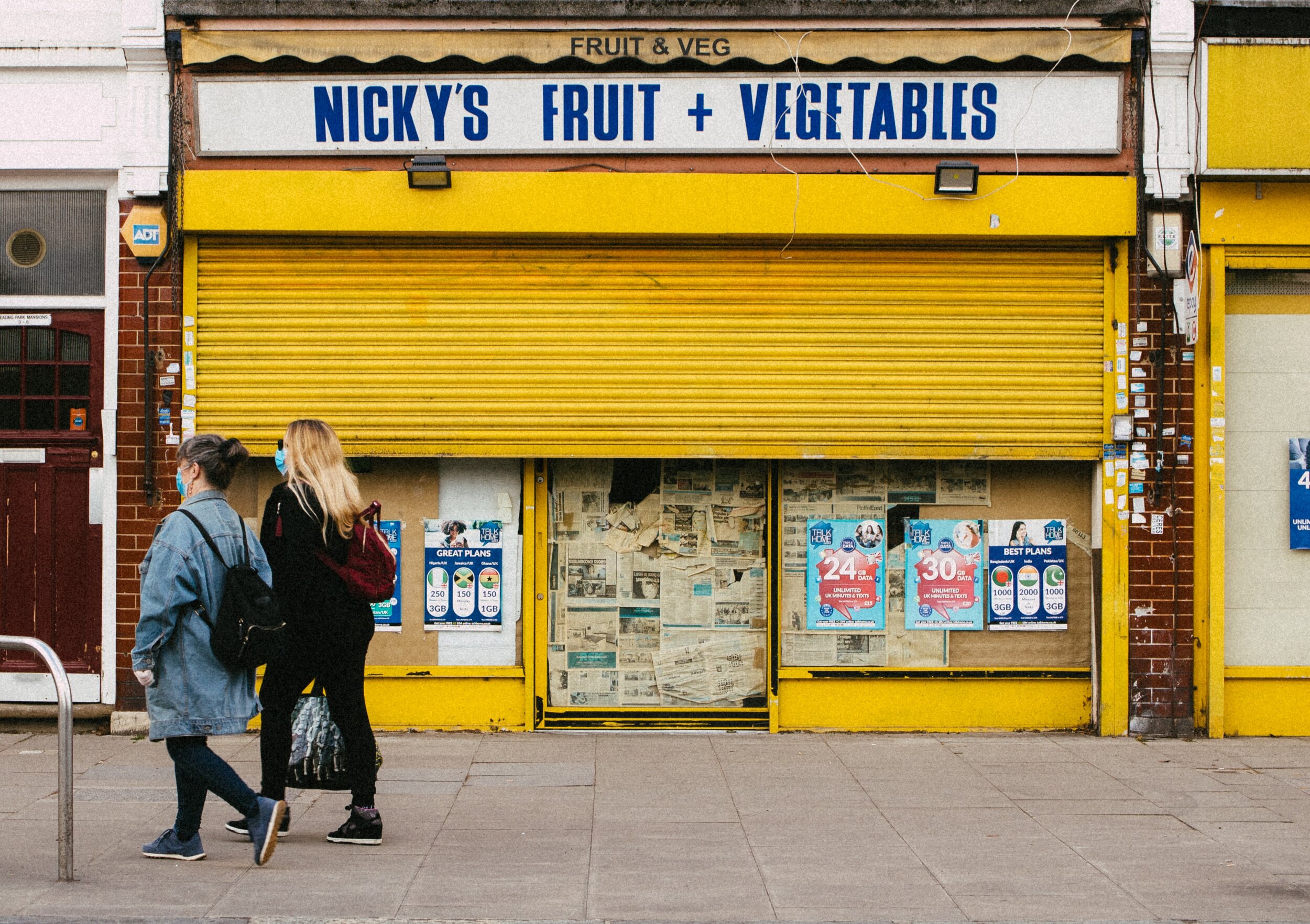
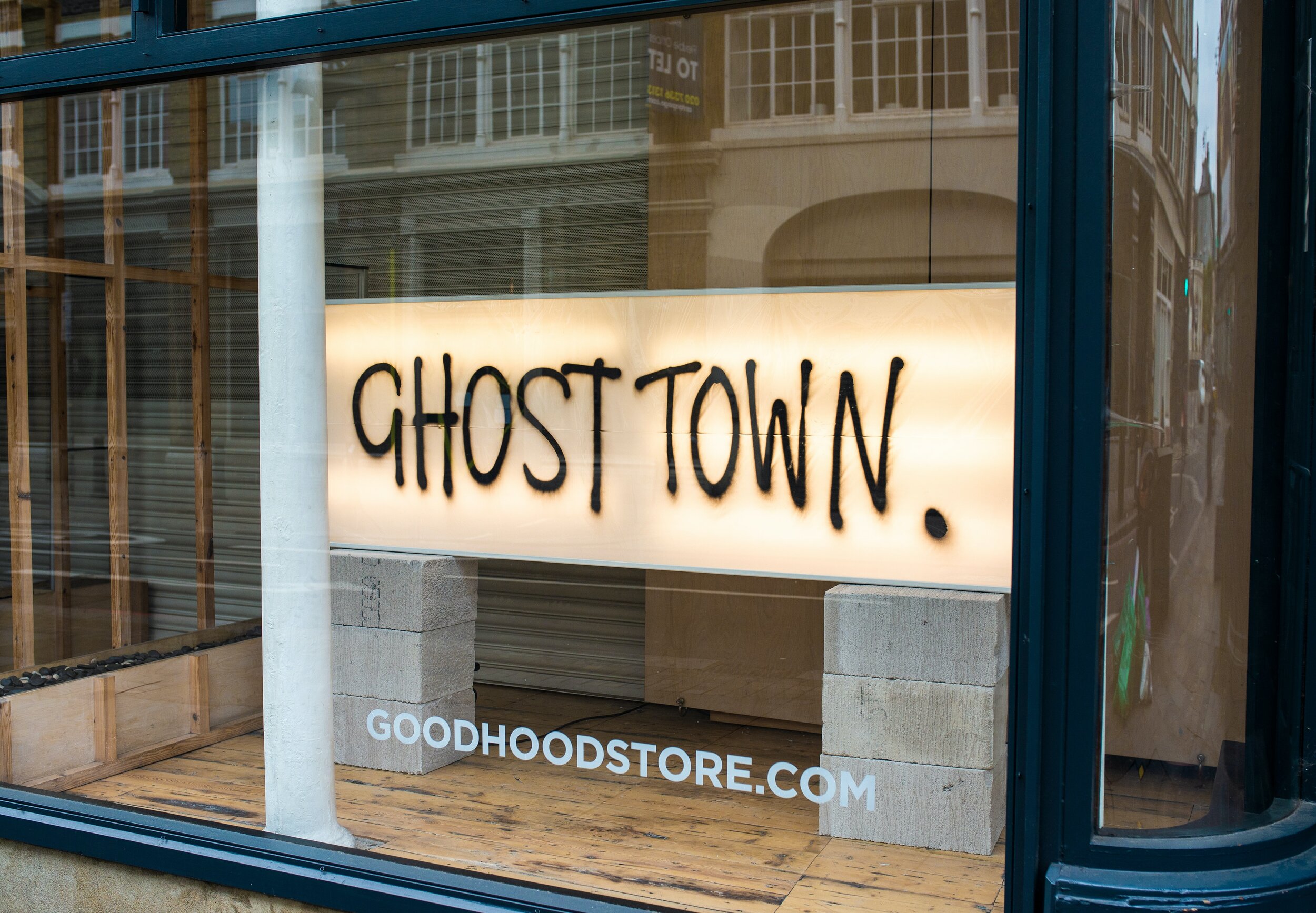

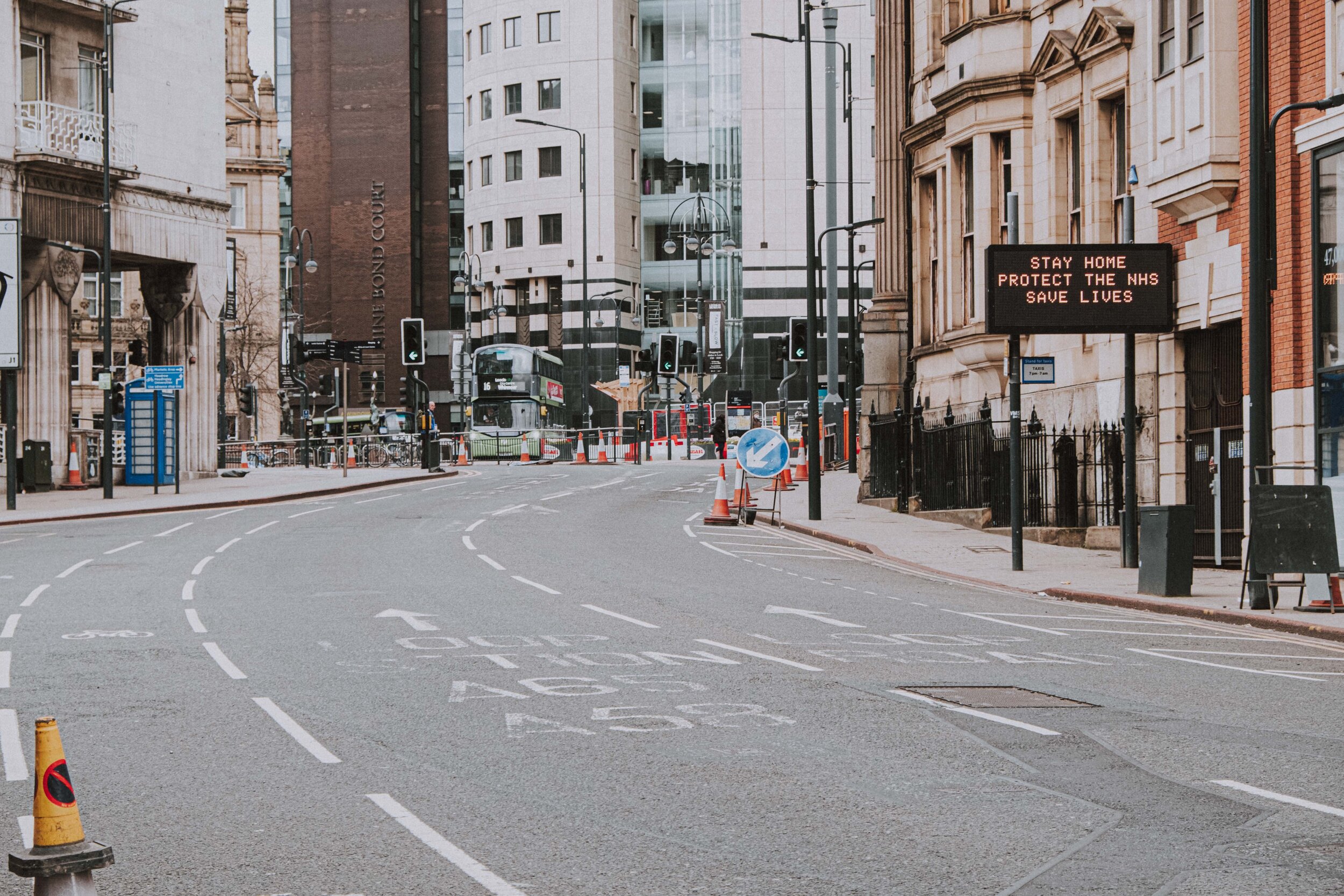
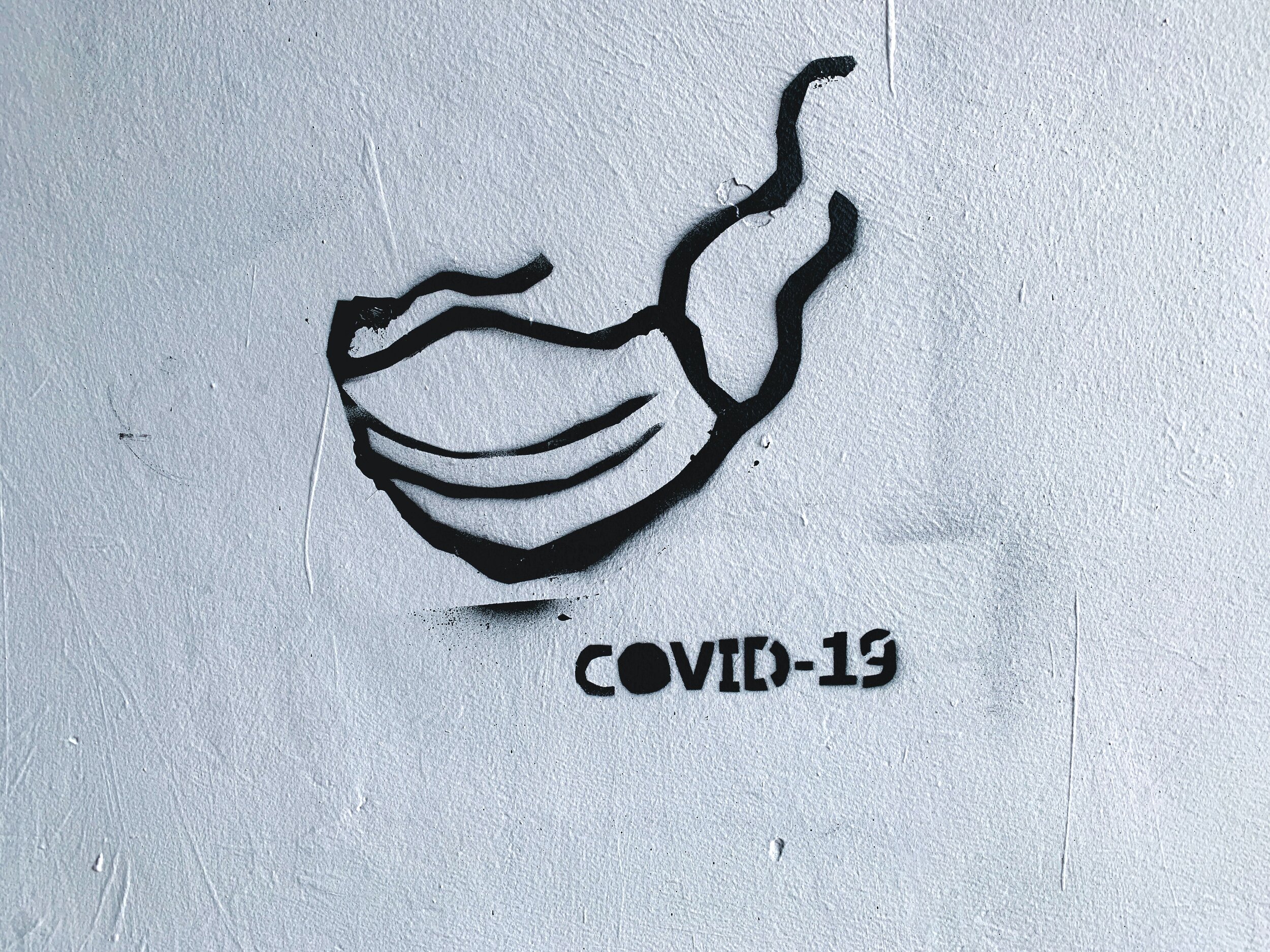
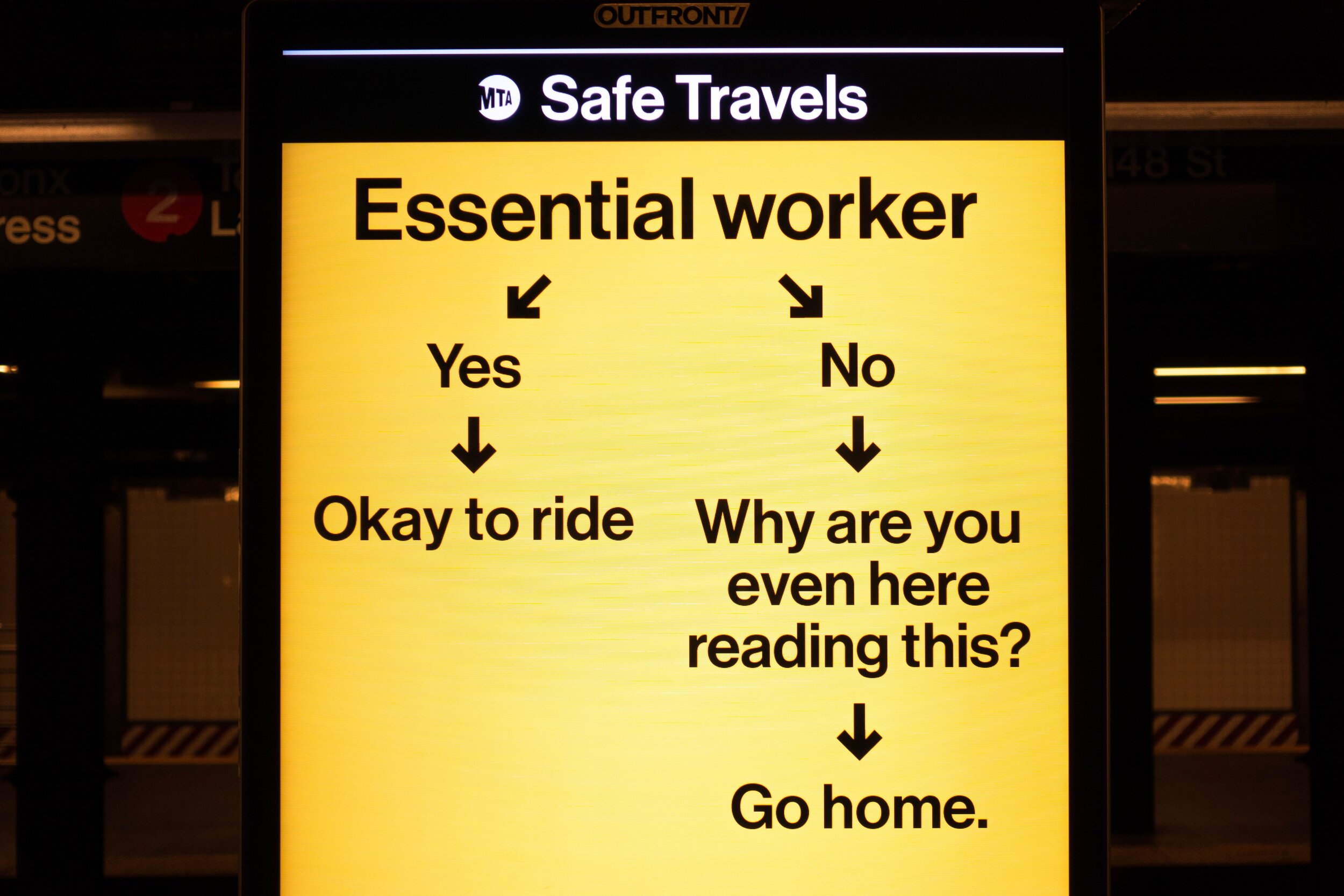
— Certainty #1
People's deepest underlying needs don't change, it's just how those needs are met that change.
People still want to feel the same feelings (which is not quite the same thing as "buy the same products"), they are just looking for new ways to get those emotional needs met under trying circumstances. This is good news because, if you define your market around customer needs, and not just the products you happen to make right now, then no matter what market you are in, your market has not been destroyed, it's just been transformed. The most innovative companies will move quickly to maintain customer relationships by ensuring that fundamental needs are being addressed, albeit via new mechanisms in many cases. And yes, this does tie to being a purpose-driven company.
“ The most innovative companies will move quickly to maintain customer relationships by ensuring that fundamental needs are being addressed, albeit via new mechanisms in many cases.”
— Certainty #2
People will always try to get their needs met with the minimum of friction and extraneous hassles.
Customers don't just weigh costs in terms of money, but also in terms of time, frustration and other positive or negative emotions that arise from the acquisition and use of a product or service. Customers who have discovered ways to meet their needs met with fewer overall "costs" are unlikely to accept a return to less optimal conditions once the pandemic subsides. Ben Evans recently showed an example of this phenomenon from the advertising market during the last big disruption in 2008.
— Certainty #3
Additionally, and critically, the virus has just added "personal safety" to that "hassle map" of costs that consumers experience when considering products and services. Right now, it's hard to say how long the personal safety element will last before fading into obscurity, but businesses looking to stay viable in the current climate ignore this factor in their customer experience design at their peril. Everybody needs to redesign their customer experience for a new era of personal safety, while taking into account that there will be different “personal safety customer segments” with differing needs and priorities.
— Certainty #4
We've all had an opportunity to run enormous experiments that seemed too unfeasible, costly or scary to run just a few months ago. "Work from home" productivity tests immediately come to mind, as do home-schooling, online education, and tele-medicine: all on a massive scale. There are probably many more. Some of these experiments will fail, and people will crave a return to the way things were, others will succeed with enough people to become permanent shifts in society and markets. What experiments have you been forced to run? Are there others you would like to run? Now’s the time.
— Certainty #5
The unprecedented experiment in digital work, health, learning and commerce will almost certainly have a secondary impact on human geography. Physical proximity to work, shops, schools and other amenities is arguably the biggest driver of valuation in both commercial and residential real-estate markets. It's hard to imagine a world in which all of that goes back to exactly how it was before. How different the worlds of real-estate and land-use will be on the other side is hard to know, but it’s fair to say a lot of the changes will be permanent. While many retailers will go under, we also have an enormous opportunity to reimagine land use and transportation systems, in both the public and private spheres. Better still, in partnerships between the two.
— Certainty #6
Industries do not meet customers' needs in a vacuum, they operate within an over-arching "operating context" of supply chains, politics, regulation and capital market functioning. The entirety of the context in which businesses operate is undergoing a profound level of change that's happened before, but never in our lifetimes, and never this fast. Ray Dalio has written extensively about the interaction between the virus, capital markets and the long-term debt cycle. Ray is one of the world's most successful business leaders, and a compelling speaker and writer; his views are worthy of our consideration. These factors will take longer to play out than more immediate impacts, but their consequences will be profound.
— Certainty #7
Some things never change. Humans are social animals and as soon as we can safely go back to spending time together, in groups small and large, we will. Younger people, armed with feelings of invincibility and, in many cases, a powerful desire to experience human intimacy, will rush to be together again. Older, more vulnerable, or cautious-minded people will hold back for some time until they feel safe returning to "normal" levels of social interaction. For this reason, many, many aspects of life will, in fact, return to exactly how they were before. Concerts will be played, sports matches will be sold out and crowds will cheer. It's a glorious thought, and like Nate Silver, I can't wait.
One More Thing:
In times of crisis, those who act decisively usually come out ahead. Beyond what we’ve outlined here, we’ve created an 8-point Action Checklist for Brands, with key questions to answer, and actions to take, that can help provide an effective path to sustained business success on the other side of this crisis.

